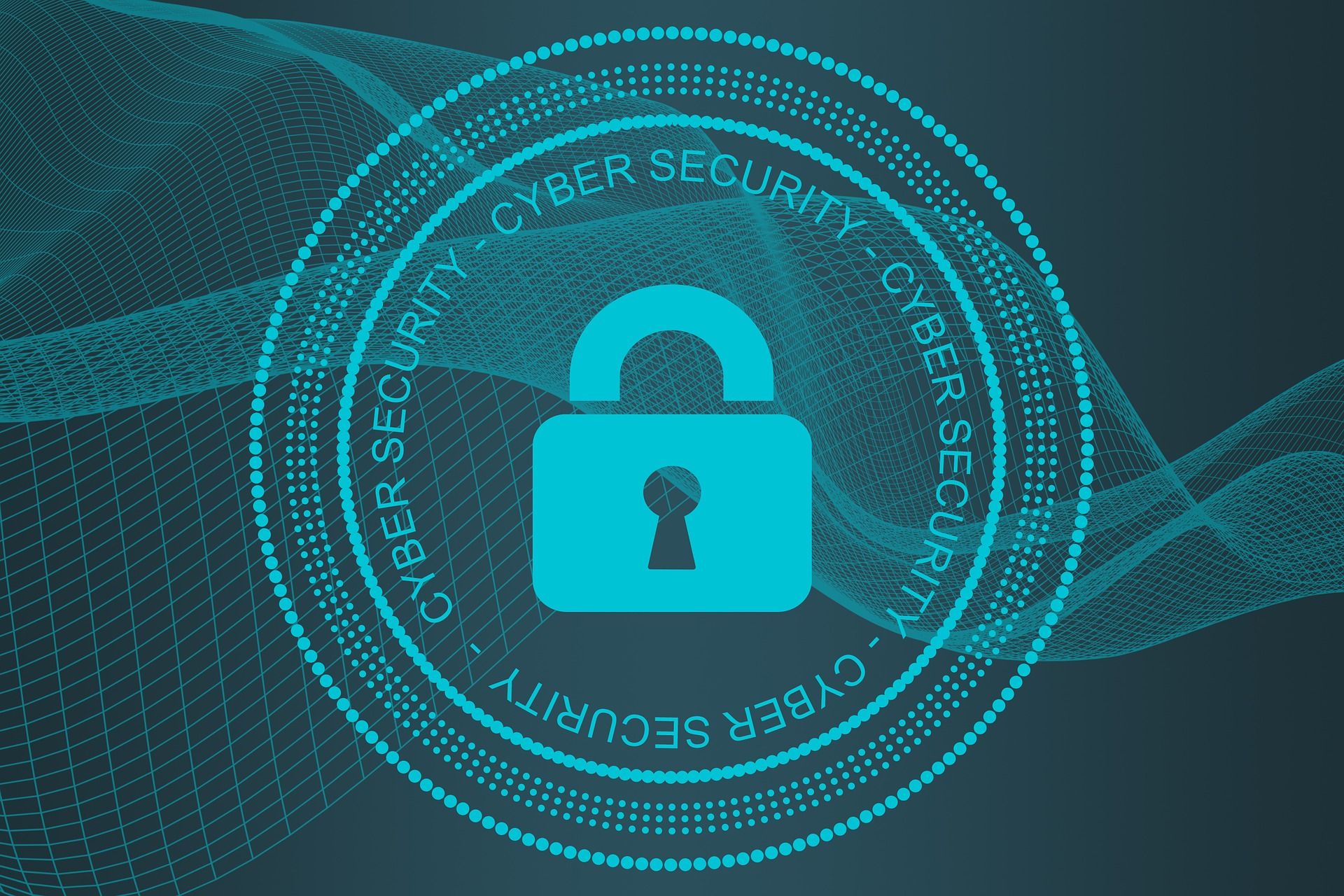business resources
Cyber Attack Prevention: Essential Tips to Secure Your Data
10 Feb 2025, 4:26 pm GMT
Data security is now more critical than ever. Whether you’re an individual browsing online or a business handling sensitive customer information, cyber threats lurk around every corner. Hackers, phishing scams, and data breaches can put your personal and financial details at risk, leading to devastating consequences.
But the good news? You don’t need to be a cybersecurity expert to protect yourself. By following a few simple yet powerful strategies, you can safeguard your data and keep cybercriminals at bay.
From strengthening your passwords to staying alert against phishing attacks, these six essential tips will help you build a solid defense against digital threats. Let's get to the list.
Seek Professional Cybersecurity Solutions for Maximum Protection
While personal precautions go a long way, businesses and individuals handling sensitive data should consider professional cybersecurity solutions for optimal protection. Cybersecurity firms offer advanced threat detection, network monitoring, and data encryption to safeguard your digital assets. For instance, as seen at www.gtt.net/us-en/, you can use a networking and security provider to enhance your defense against cyber threats through managed security services. These providers help detect vulnerabilities, respond to threats in real time, and ensure compliance with data protection regulations.
Investing in expert cybersecurity support not only reduces risk but also saves time and resources in the long run, making it a smart move for anyone serious about data security. Ensure to research and choose a reputable cybersecurity provider that aligns with your specific needs.
Use Strong and Unique Passwords for Every Account
One of the simplest yet most effective ways to secure your data is by using strong and unique passwords for all your accounts. Many cyberattacks succeed because people reuse weak passwords across multiple platforms, making it easier for hackers to gain access. A strong password should be at least 12 characters long and include a mix of uppercase and lowercase letters, numbers, and special characters.
Avoid using easily guessed information such as your birthdate or common words. Consider using a password manager to generate and store your credentials securely. This eliminates the need to remember multiple complex passwords while ensuring that each account remains well-protected from potential breaches.
Enable Two-Factor Authentication (2FA) Wherever Possible
Even the strongest passwords can be compromised, which is why enabling two-factor authentication (2FA) is a crucial extra layer of security. With 2FA, accessing your account requires a second form of verification, such as a temporary code sent to your phone or email. This makes it significantly harder for cybercriminals to break in, even if they obtain your password.
Many popular services, including banking apps, email providers, and social media platforms, offer 2FA as an option. By enabling it, you reduce the chances of unauthorized access, giving you peace of mind that your sensitive information remains protected. Always opt for authentication apps over SMS codes, as SIM-swapping attacks can still compromise text-based verification.
Keep Your Software and Devices Up to Date
Cybercriminals often exploit vulnerabilities in outdated software to gain access to personal and business data. That’s why keeping your operating system, applications, and security software updated is essential. Updates typically include security patches that fix potential weaknesses hackers could use to infiltrate your device. Enable automatic updates whenever possible to ensure you don’t miss important security fixes.
This applies not only to your computer but also to your smartphone, tablet, and any smart devices connected to the internet. Regular updates enhance system performance and reduce the risk of cyber threats, making them a simple yet highly effective way to keep your data safe.
Be Cautious with Public Wi-Fi and Use a VPN
Public Wi-Fi networks in places like coffee shops, airports, and hotels are convenient but can be a breeding ground for cyber threats. Hackers can intercept unsecured connections and steal sensitive data such as login credentials and credit card information. To protect yourself, avoid accessing sensitive accounts when connected to public Wi-Fi.
Instead, use a Virtual Private Network (VPN), which encrypts your internet traffic, making it nearly impossible for hackers to intercept your data. If you must use public Wi-Fi, ensure that the websites you visit use HTTPS encryption and log out of accounts once you’re done. Being mindful of network security is a simple yet effective way to prevent unauthorized access to your personal information.
Regularly Back Up Your Data to Prevent Loss
Data loss can occur due to cyberattacks, accidental deletion, hardware failure, or natural disasters. Regularly backing up your files ensures you don’t lose important information in case of an emergency. Use a combination of cloud storage and external hard drives to create redundant backups. Cloud services offer automated backup options that store your data securely, while offline backups provide an extra layer of protection against ransomware attacks.
Set a regular backup schedule and verify that your files are successfully stored. By maintaining updated backups, you can quickly restore your data if something goes wrong, reducing downtime and minimizing potential losses.

Securing your data is no longer optional—it’s a necessity in today’s digital landscape. Cyber threats are constantly evolving, but by implementing strong passwords, enabling two-factor authentication, updating software, using a VPN, backing up data, and seeking professional cybersecurity solutions, you can significantly reduce risks. Taking these proactive steps ensures your personal and business information remains safe from hackers and data breaches. Remember, cybersecurity is an ongoing process, not a one-time fix. Stay vigilant, educate yourself on new threats, and continuously improve your security measures.
Share this
Arthur Brown
Writer
A dad of 3 kids and a keen writer covering a range of topics such as Internet marketing, SEO and more! When not writing, he's found behind a drum kit.
previous
How Can Renewable Solutions Help Businesses?
next
From Downtime to Uptime: How IT Solutions Are Changing the Game for Small Enterprises